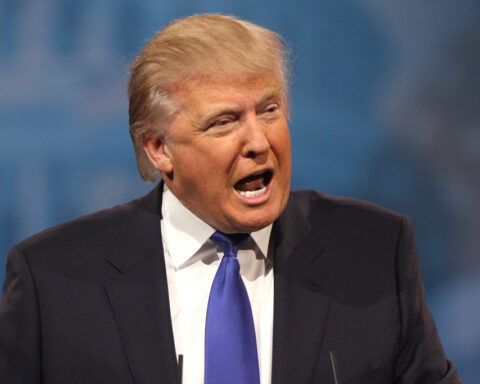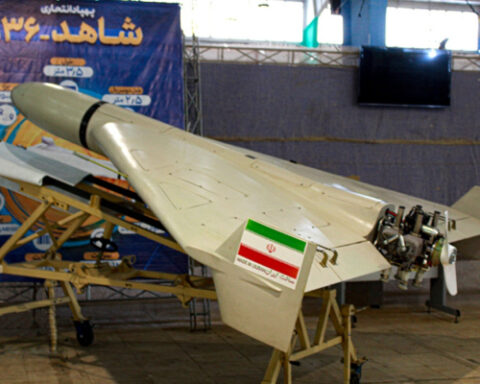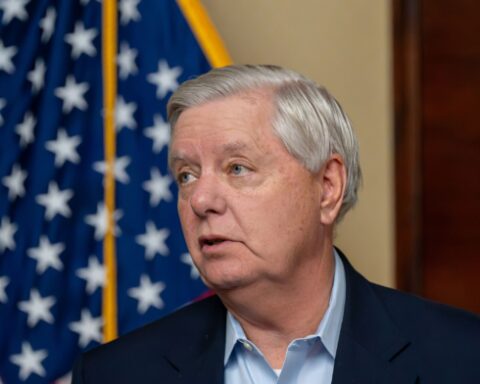President Donald J. Trump has now reportedly proposed a sweeping new set of tariffs targeting two of the United States’ closest allies, Japan and South Korea, in what he describes as a necessary correction to long-standing trade imbalances.
Speaking at a campaign event in Pennsylvania on Sunday, Mr. Trump criticized both countries for what he claimed were unfair trade practices and vowed to implement tariffs if elected in November.
The president accused Japan and South Korea of taking advantage of American markets while offering limited access to their own.
“They send their cars here by the millions,” Mr. Trump said. “But they don’t take ours. It’s a one-way street, and it’s been going on for decades.”
The comments come as part of a broader economic platform that echoes the protectionist themes of Mr. Trump’s first term, during which he imposed tariffs on allies and adversaries alike, igniting a global trade war.
While those measures drew criticism from many economists and diplomats, they were lauded by segments of his base who saw them as a defense of American manufacturing.
Mr. Trump’s renewed focus on tariffs signals his intent to revive the trade policies that defined his presidency, including a sharp break from multilateralism in favor of bilateral, transactional negotiations.
Although Mr. Trump did not outline specific tariff rates, he suggested the measures would be substantial and designed to target imports of automobiles and electronics—two of the most significant sectors in U.S. trade with Japan and South Korea.
The proposal drew immediate concern from trade experts and international observers. Japan and South Korea are both key U.S. security partners in Asia, hosting tens of thousands of American troops and coordinating closely on issues ranging from North Korea to semiconductor supply chains.
Analysts warned that new tariffs could complicate strategic relationships in the region at a time when Washington is seeking to counterbalance China’s growing influence.
Officials in Tokyo and Seoul have not issued formal responses, though diplomatic sources expressed private concern over the potential fallout of another Trump administration.
Despite international uncertainty, Mr. Trump remains confident that tariffs resonate with American voters. “We’re going to bring our jobs back,” he said. “We’re not going to be the piggy bank for the world anymore.”
The comments underscore Mr. Trump’s campaign strategy: a return to economic nationalism, even at the risk of rattling long-standing alliances.
[READ MORE: Netanyahu Optimistic Hostage Release Deal Could Be Finalized ‘In a Few Days’]








